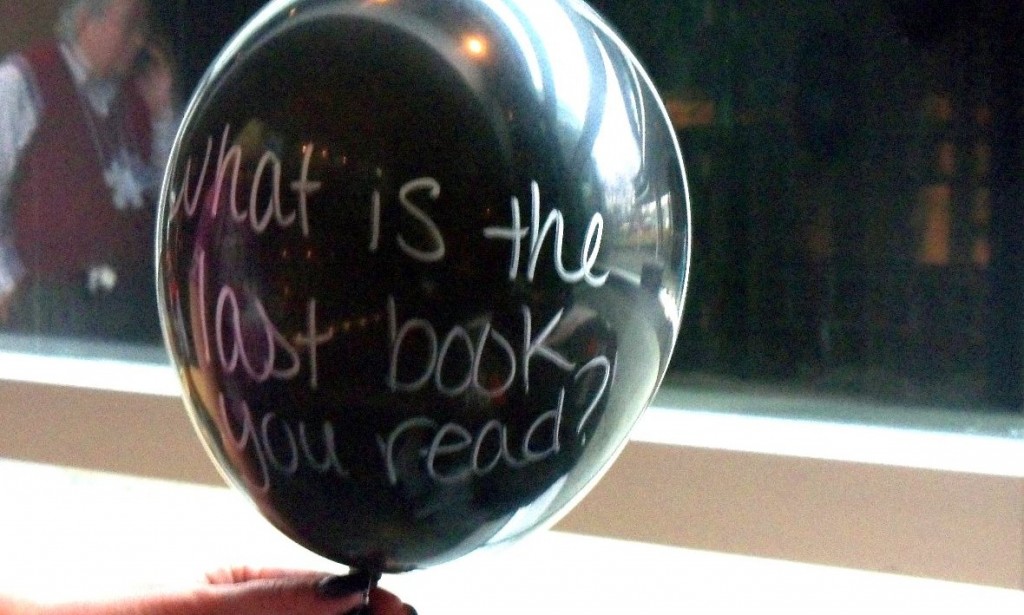Recently I finished teaching a six week workshop where one participant asked a tough question that has haunted me. “What shouldn’t I do as a writer? What mistakes can you help me avoid making?” I stumbled through an answer. I like to focus on the positive things writers can do to improve their writing and yet the question was a legitimate one. And in my line of work I’ve seen a lot of mistakes. So I thought I would share a short list of do’s and don’ts. Know your genre Many writers suffer from genre confusion. Fictional memoir doesn’t exist. Knowing your genre is important because bookstores need to know where to shelve your book. As a writer, it’s even more important because each genre has its own literary conventions. Within the genres of romance, mystery, thriller, suspense, and science fiction there are well-defined subgenres. Know precisely where your book fits because readers bring certain expectations to each. There are lots of love stories, but not all of them belong to the genre of Romance. Know your reader There is no “general reader.” Have you ever gone into a bookstore and library asked for a book that could be for anyone? No, me neither. Write with a specific audience in mind. Read I often hear writers say they don’t want to be influenced by what they read. Do artists avoid museums and galleries? Do musicians surround themselves with silence? Do you know any chefs who ignore their passion for food?…
In January, Jill Swenson starts intensive writing workshops in the Ithaca area intended for those who seek to improve their writing craft and/or have a work-in-progress. At each session, every writer will present new work. Participants are expected to attend every session and bring two double-spaced pages of text with photocopies for the group. Each writer will read their selection out loud and the group… [Read More]
The single most effective marketing method for book sales remains the power of a personal recommendation. It’s advertising you just can’t buy. Hence so much focus on reviews and endorsements for your book. This also explains the current appeal of social media marketing in an author’s marketing toolkit. If your friend on Facebook likes a book, you might too. Pinterest, Instagram, Vine, Tumblr, and Twitter… [Read More]
From the start of a writing project, an author needs to find a way to organize all of their contact information. Everywhere you go as an author, you will meet people whom you will want to reach when your book is released. It is never too soon to start your database of professional connections. Business cards, slips of paper, cocktail napkins, ripped corners from envelopes,… [Read More]
You created a strong relationship with your local bookstore. You shop there. You know the staff and are familiar with the inventory, programs and events. And now you’ve committed yourself to a public reading of your work-in-progress at your local independent bookstore. How can an author best prepare to make the experience – for the bookstore, for those who attend, and for an author – a… [Read More]









